- Central Asian countries have begun to work together to accelerate economic growth and ensure regional peace and stability
- China has become an important participant in expanding its economic and strategic footprint through initiatives such as the the Belt and Road

For a long time, in the minds of many Western geopolitical scholars and foreign policy experts, Central Asia has been regarded as a geopolitical wasteland. However, as the current geopolitical landscape shifts towards multipolarity, these views are gradually changing. Central Asian and regional countries are gaining new importance. As a bridge connecting Europe and Asia, its rising economic potential is receiving attention from the international community.
Exploring Geopolitical Independence
After the disintegration of the Soviet Union, Central Asian countries - a key area of geopolitical theorist Halford McKinley's "heartland" theory - embarked on a path of seeking greater geopolitical independence. These countries have been exploring complex environments to establish their unique identities and showcase their presence on the global stage.
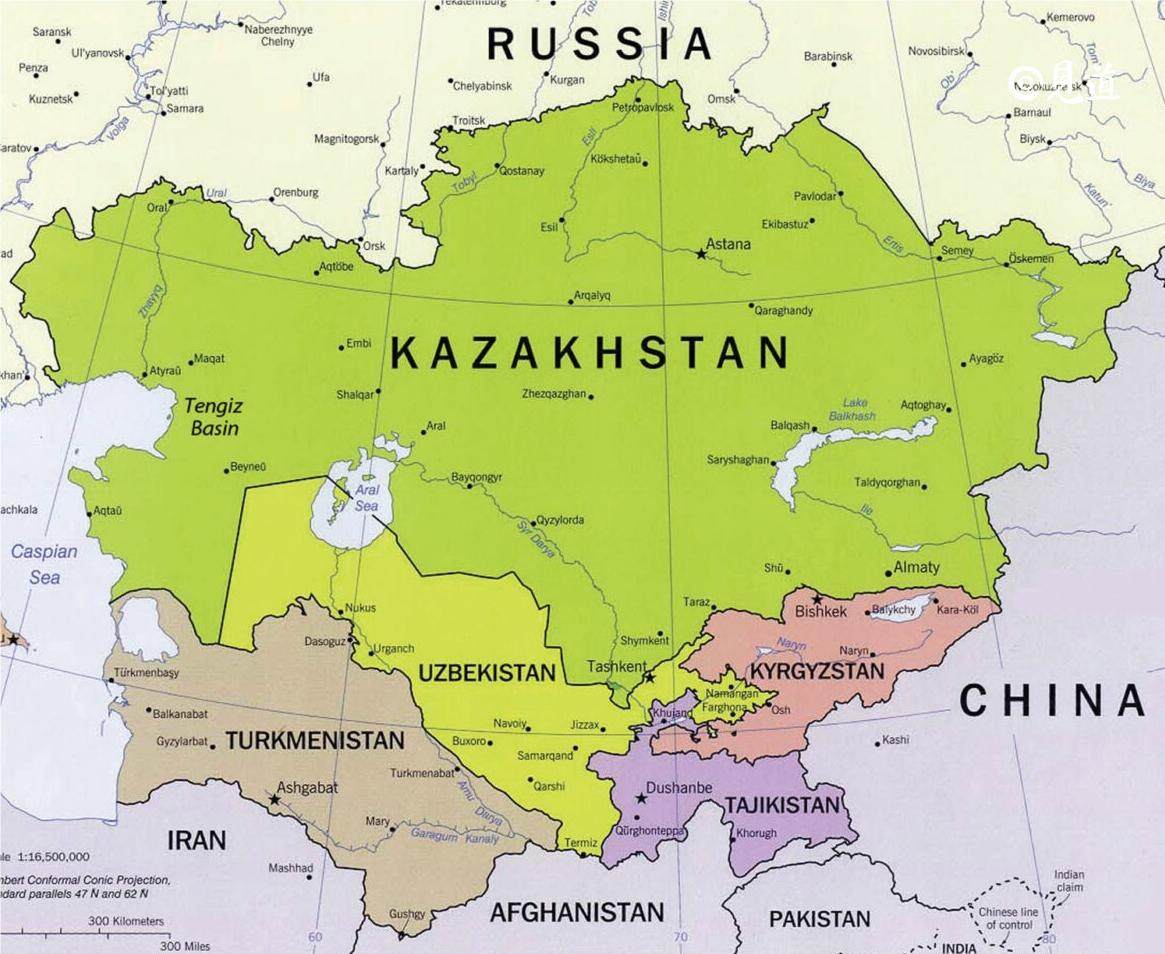
In this transformation, Central Asia has become a stage for major powers to exert their influence. Russia has always been the dominant force in the region throughout history and still holds significant influence. However, this influence is diminishing, especially in the current ongoing conflict in Ukraine. More and more medium-sized countries are also participating. For example, with the help of historical, ethnic and linguistic ties, Türkiye has deepened its ties with Central Asian countries. Due to cultural and geographical proximity, Iran also closely monitors the region. India is also the same, mainly due to its own historical connections and strategic concerns about China.
In order to avoid becoming a battlefield of competition among major powers, Central Asian countries have always maintained a balance among these countries, using their strategic position to achieve maximum benefits. They avoid getting too close to any single major country and instead seek a balanced relationship to maintain their independence and autonomy. This special diplomatic strategy is known as a "diversified and balanced foreign policy," and its main advocate is Nursultan Nazarbayev, former President of Kazakhstan, who described it as "developing friendly and predictable relationships with all countries that play an important role in world affairs and have practical interests for the country.".
The importance of the central corridor is evident
In addition to forcing Moscow to shift its focus from Central Asia, the Russia Ukraine conflict also had another significant impact: it highlighted the importance of international transportation routes across the Caspian Sea (often referred to as "intermediate corridors"). This important transportation route that crosses Central Asia promotes trade and connections between Asia and Europe, providing another option different from traditional sea routes. Before the outbreak of the war in Ukraine, due to practical reasons, people's interest in this corridor was limited, as the competing northern corridor passed through Russia, with lower costs and higher efficiency. A recent study by the World Bank vividly listed some of these issues. Simply put, transporting containers through the northern corridor has always been cheaper, and due to better and more modern infrastructure, stronger railway capacity, fewer transit points (and therefore fewer customs clearance procedures), the transportation time is much shorter.
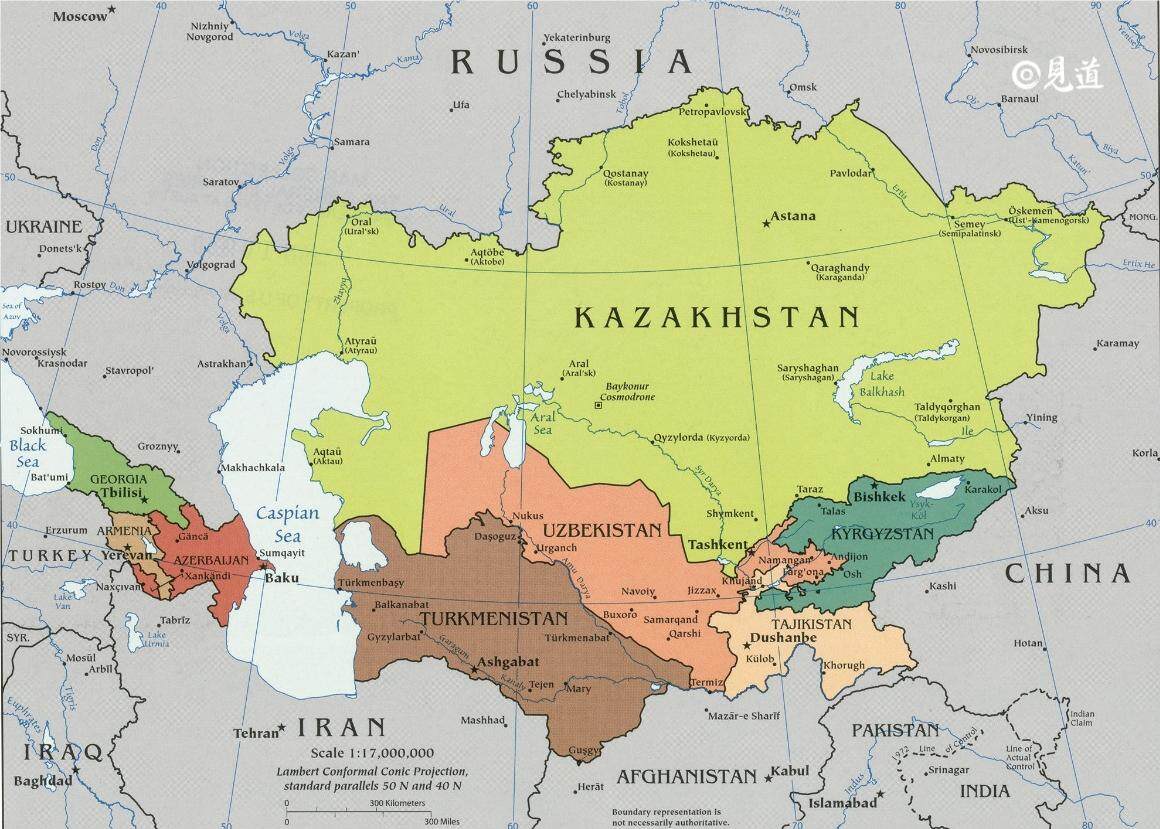
However, the Ukrainian war changed the geopolitical landscape. European countries have suffered from excessive reliance on Moscow for energy and trade, leading Western officials to worry about whether Russia will use its position as an important transit country for its own benefit. This situation has led to Western countries imposing sanctions on Russia and many of its businesses, making the Northern Corridor increasingly impractical. China, which has been trying to shorten trade transit time by supporting railways, has also been affected by this transformation. Beijing is increasingly considering the "middle corridor" as an alternative route; Central Asian countries have also begun to explore ways to expand international connections, and the intermediate corridor fully meets the requirements. Therefore, the intermediate corridor and its surrounding countries, especially Central Asian countries, are receiving special attention.
Utilizing advantages to promote economic development
The World Bank's research elaborates on the potential of this corridor, estimating that by 2030, increasing infrastructure investment will halve transportation time and triple freight volume. Combining broader investments will improve economic welfare, trade and transportation system resilience, social inclusion, environmental impact, cluster effects, and equity. The impact of corridor development can be observed through various channels, such as changes in land value and utilization, personnel mobility, entrepreneurship, investment level, productivity, and trade scale.
We can now see progress. For example, from January to October 2023, Kazakhstan's cargo transportation volume increased by 19% year-on-year. During the same period, container transportation increased by 15% year-on-year. According to the Astana Times, the overall cargo transportation volume along the middle corridor surged by 88% in the first nine months of 2023.
The geopolitical importance of Central Asia is increasing - its importance as an energy supplier and in East West trade is increasing - but the ability of neighboring and distant powers to influence the region is weakening, let alone control it. This situation is beneficial for Central Asian countries.
The strategic competition between major and medium-sized powers has led to a sustained balanced approach in the region. This situation is comparable to the great game between Britain and Russia in the 19th century to compete for influence in Central Asia. Nowadays, in addition to having a larger number of competing powers, the key difference lies in the fact that Central Asian countries themselves are participants. They can utilize their geopolitical importance and multi-party advantages by adopting shrewd and diversified foreign policies, which can attract investment, promote economic development, and further gain benefits.Editor/XingWentao
Comment
 Praise
Praise
 Collect
Collect
 Comment
Comment
 Search
Search


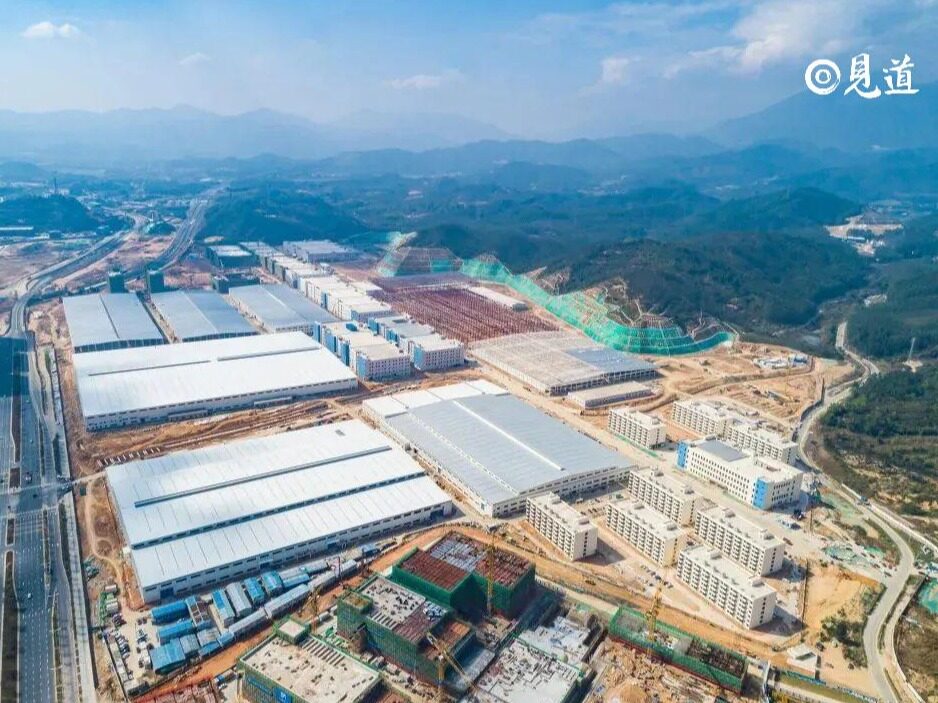
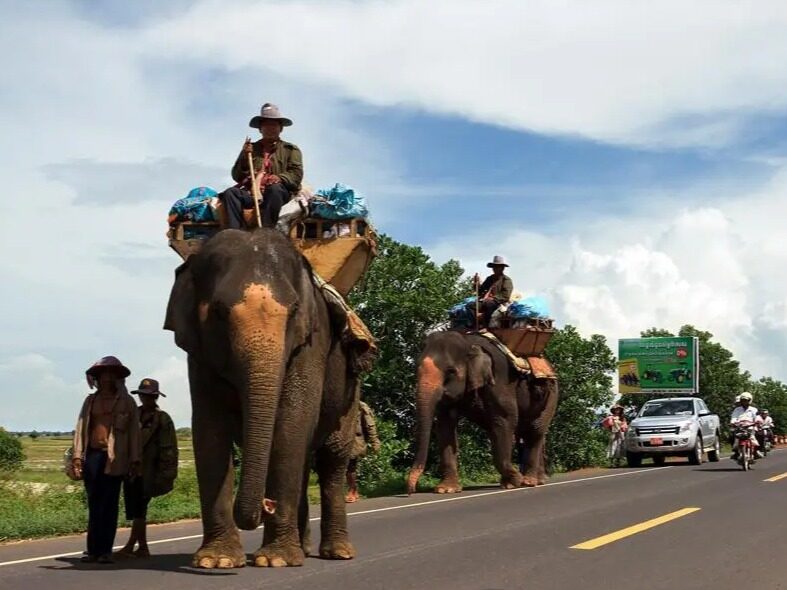
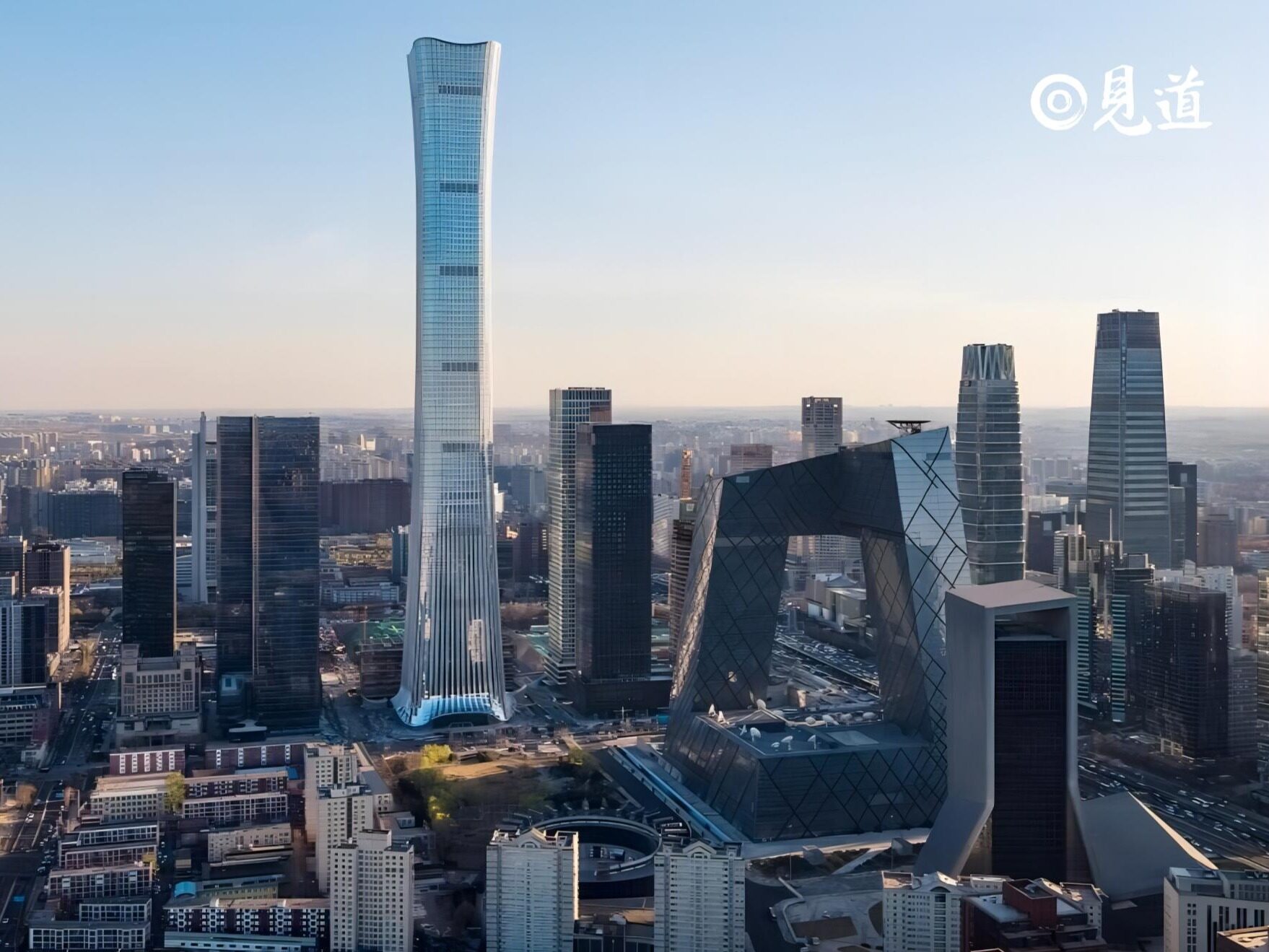
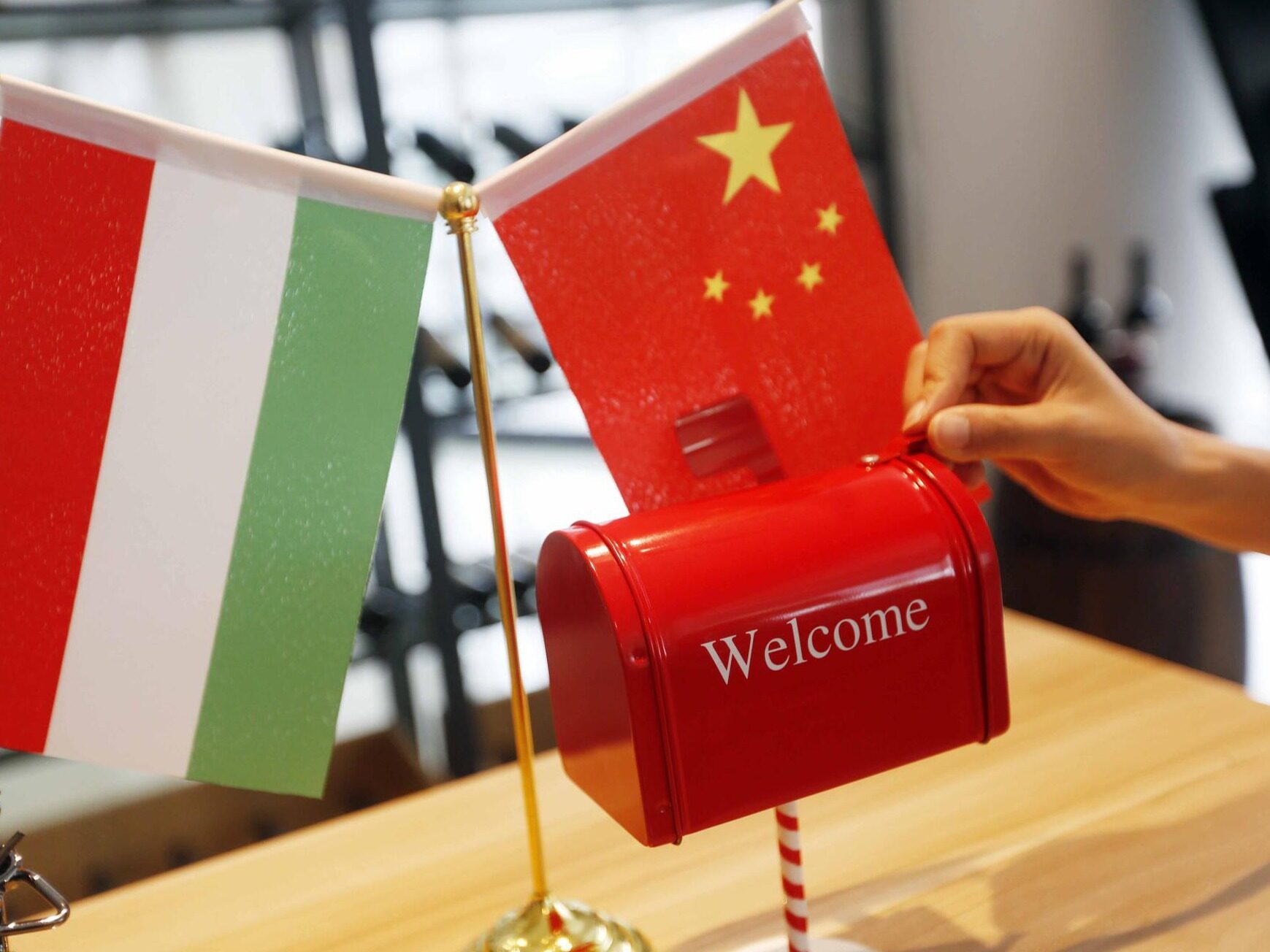








Write something~